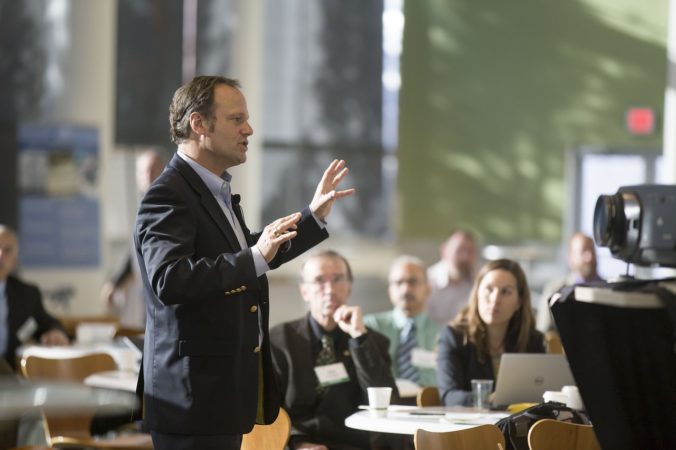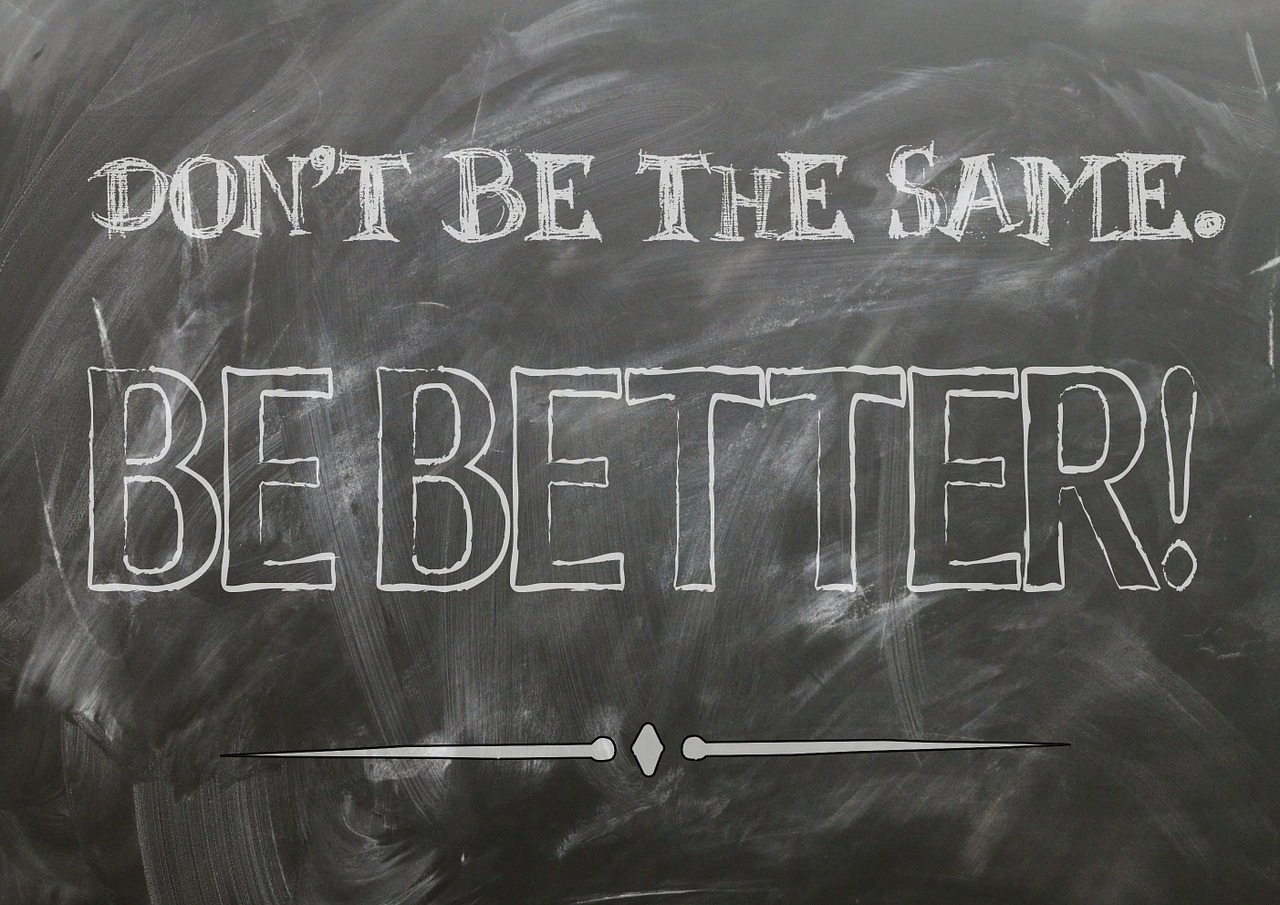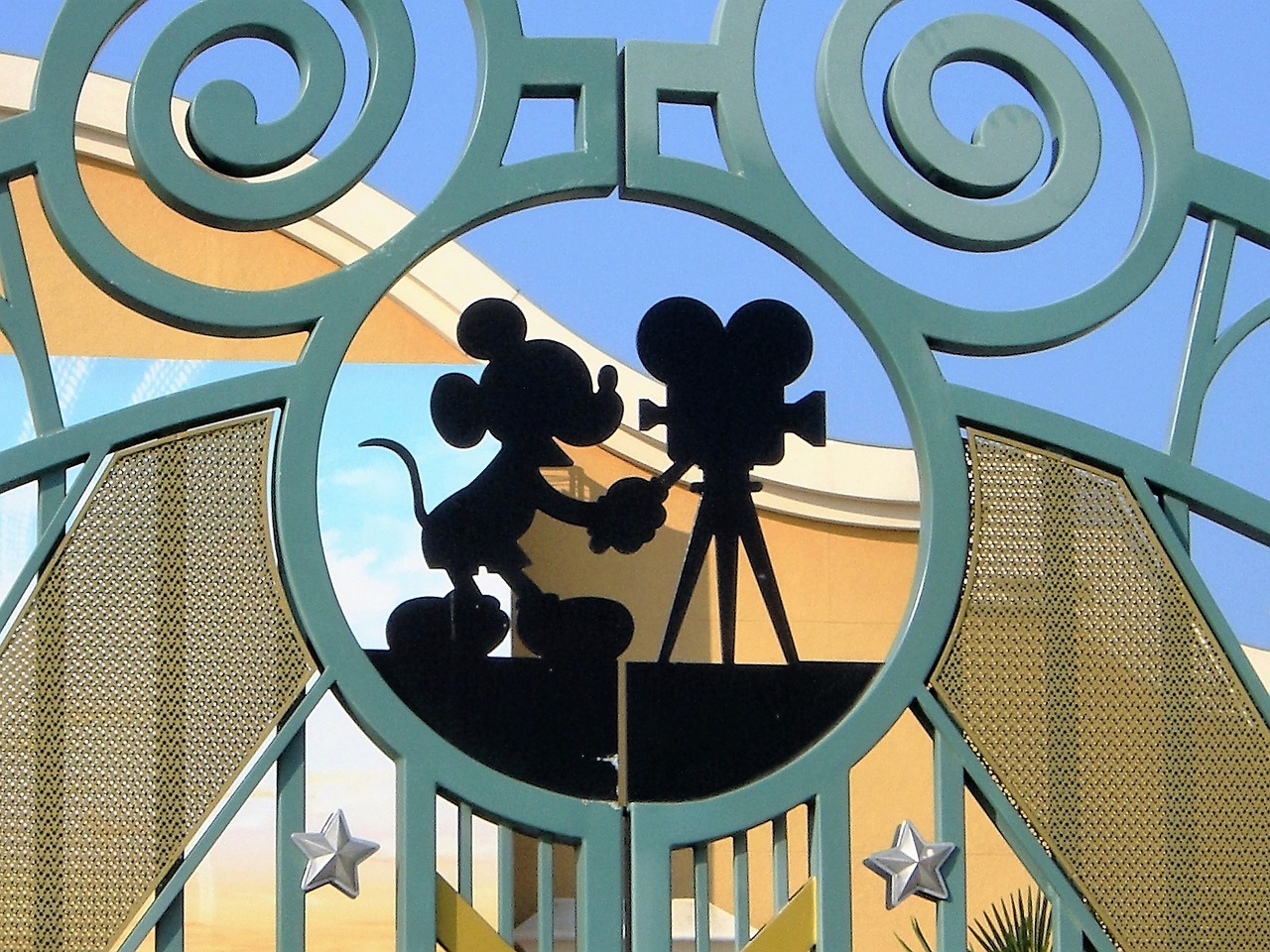You can tell a lot about a person from the words that they share. It’s true that actions speak louder than words, but words are still powerful and a great way to motivate your team and to inspire trust amongst your customers.
The greatest leaders have turned public speaking into a fine art, and it’s a good idea to follow in their footsteps if you want to create a company that stands the test of time. The good news is that there are plenty of great leaders out there that we can learn from, such as Nelson Mandela, Martin Luther King, Barack Obama and Winston Churchill.
The best leaders didn’t become leaders overnight: they studied, they practiced and they learned to become better leaders over time. They also learned from other leaders, and that’s where this article comes in. Here are just a few of the best leaders in recent years along with the lessons that we can learn from them.
What We Can Learn
1. Nelson Mandela: Leaders speak last
Nelson Mandela is iconic as one of the greatest public speakers of all time, and he once said that the secret to being a great leader was to speak last. His father was the chief of a tribe and would always do the same thing when an issue arose: he’d let everyone speak before making a decision.
The moral of the story? Think before you speak, consider everything and then make your speeches a response to what people have said to you. It’s an easy way to directly tap into the questions and concerns that people have and to work responses into what you say to them.
2. Emma Watson: Equality rules
Watson might be better known for her role as Hermione Granger in the Harry Potter movies, but she’s also a fantastic public speaker thanks to her role as a UN Women Global Goodwill Ambassador. She uses her celebrity and her position as the public face of HeForShe to call for equality for everyone everywhere, regardless of their age, gender, race, religion or sexuality.
When Watson speaks, she speaks from the heart, but she can also teach us a lot about the need for equality. She also reiterates the lesson we learned from Nelson Mandela: she listens first and speaks second. On top of that, she’s passionate about her cause and constantly consistent. She wears her heart on her sleeve and is proud to be a feminist and an equalitarian. Her actions when she’s not delivering a speech give her words more power when she steps up to a microphone.
3. Martin Luther King: Have a dream
You can’t talk about leaders and speeches without talking about Martin Luther King. His Letter from Birmingham Jail is worth reading when you need a masterclass in writing, but his I Have a Dream speech is even more influential, especially when it comes to public speaking.
This speech was particularly successful because he had a dream – a vision of the future – and he was able to use words to communicate that dream in a way that his audience of over 250,000 people was able to understand. What’s also interesting here is that King was able to future-proof his speech, which is why it’s still as relevant today as ever. It takes vision to be able to make a speech that stands the test of time.
4. Winston Churchill: Fight them on the beaches
Your speeches shouldn’t necessarily call for guerilla warfare, but at the same time we can learn a lot from the way that Churchill was able to hold a nation together. Churchill teaches us about the importance of inspiring people while simultaneously being as truthful as possible with your audience even at times of great peril.

Churchill’s speech is also a masterclass in inspiration. He knew that he needed the whole country on board if he was to win the war, and so he focused on accentuating the blitz spirit and the idea that the British people were all in it together. Churchill’s speeches didn’t win the war singlehandedly, but they did have an important role to play.
Recommended: Don’t Wait! 5 Real Ways to Overcome the Fear of Public Speaking
5. Barack Obama: Know your audience
When Barack Obama made one of the most important speeches of his career to date in front of 200,000 people at Grant Park, he didn’t just talk to the people that were there in front of him. He also knew that he was reaching people through the television in their living rooms, and so he adjusted his messaging accordingly.
In his speech, he said, “And to all those watching tonight from beyond our shores, from parliaments and palaces, to those who are huddled around radios in the forgotten corners of the world, our stories are singular, but our destiny is shared, and a new dawn of American leadership is at hand.”
Conclusion
For a leader to be a good leader, they need to be a good speaker. This is especially true today in our always-connected era when company leaders are under scrutiny around the clock. There’s no real way to get around it, and so instead you’re just going to have to practice.
The good news is that by learning from the speakers in this article, you can drastically improve your public speaking abilities and give yourself a head start on the competition. Other than that, all you can do is take every opportunity you get to practice and perfect your public speaking.
And if you’re worried about it or if you’re afraid of making a speech, remember that the fear of public speaking is one of the most common phobias. It’s only natural to be afraid, but that doesn’t mean that you’ll never make a good speaker. You just have to learn to overcome it.
We hope that the tips in this article help you to get started. Good luck!

Please click below to subscribe and to follow us on social media:
Click here to follow us via E-mail!
Click here to follow us on Facebook!
Click here to follow us on YouTube!
Click here to follow us on Instagram!
Click here to follow us on Twitter!


 15 Best Inspirational Movies That Teach to Never Give Up
15 Best Inspirational Movies That Teach to Never Give Up
 50+ Best Self-Help Books That Will Change Your Life Forever
50+ Best Self-Help Books That Will Change Your Life Forever
 Short Motivational Stories of Failure and Success That You Must Know
Short Motivational Stories of Failure and Success That You Must Know
 What to Do When Someone Is Better Than You? – Dealing with Jealousy
What to Do When Someone Is Better Than You? – Dealing with Jealousy
 10 Examples Where the Power of Positive Thinking Kicks Ass!
10 Examples Where the Power of Positive Thinking Kicks Ass!

Leave a Reply